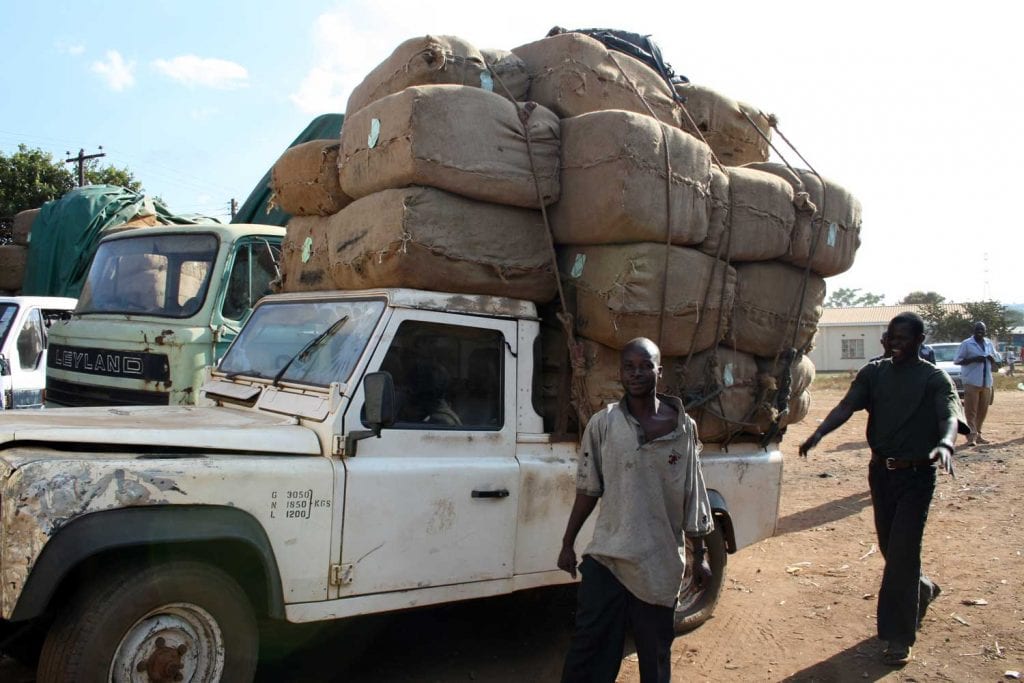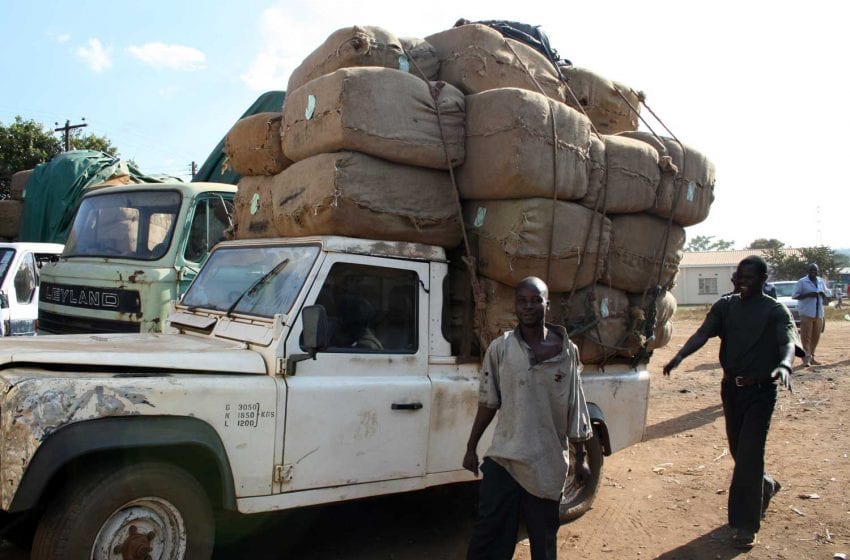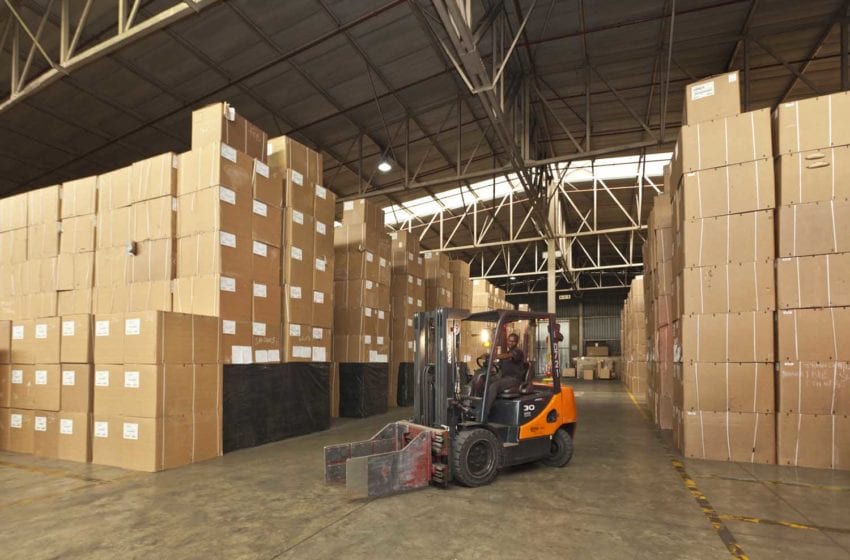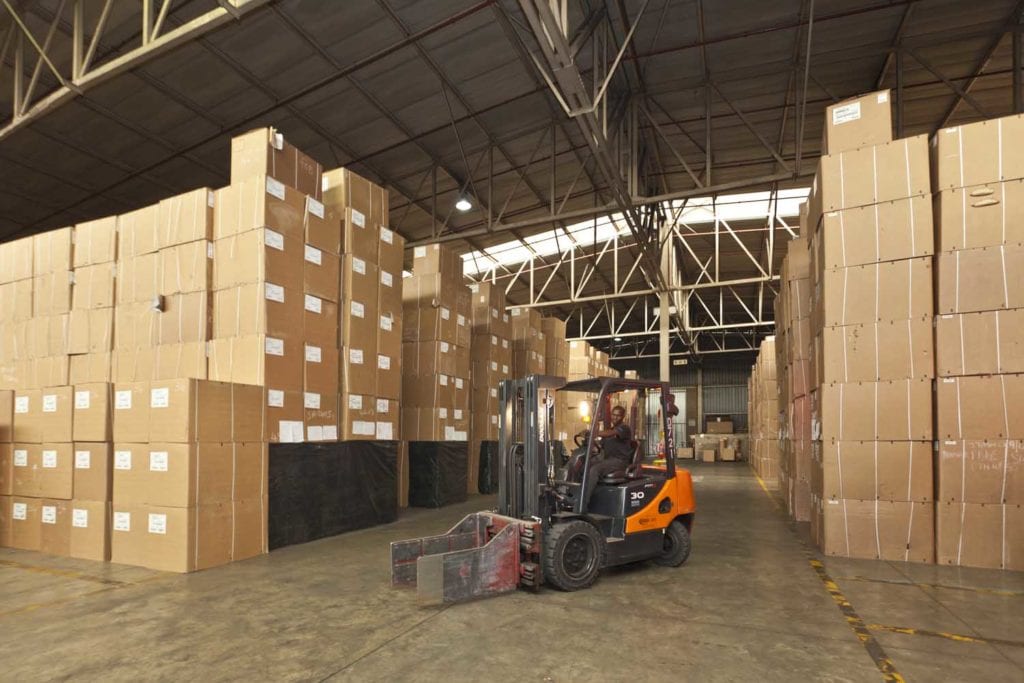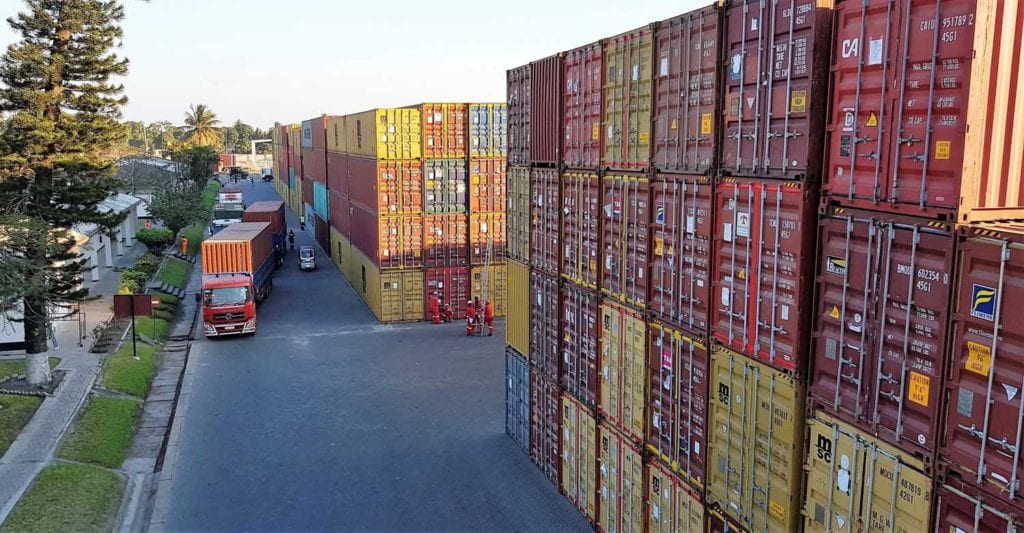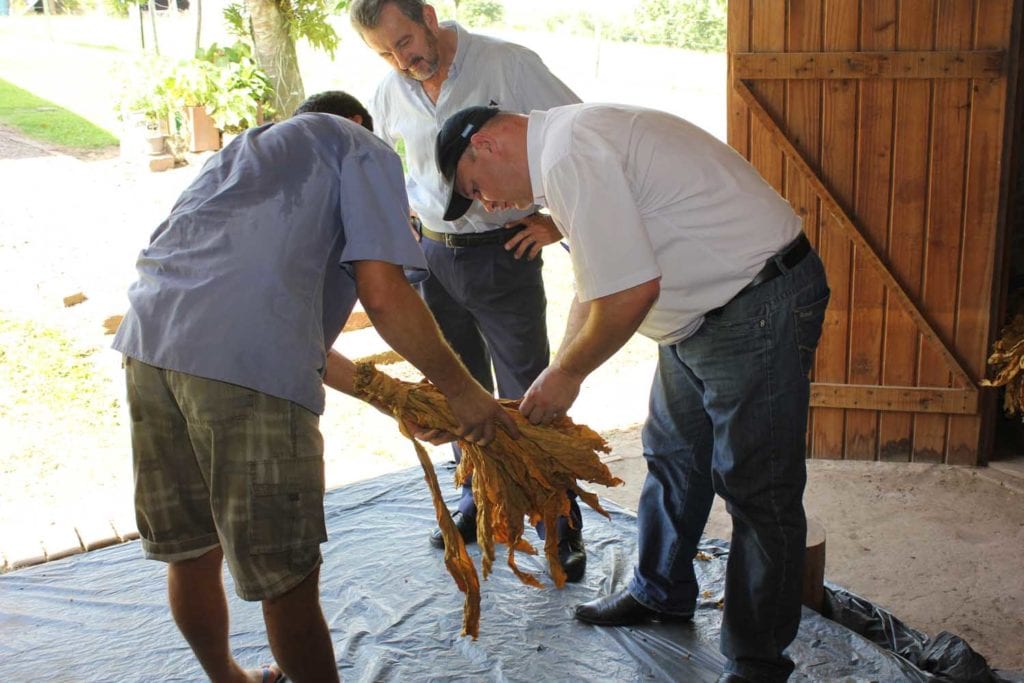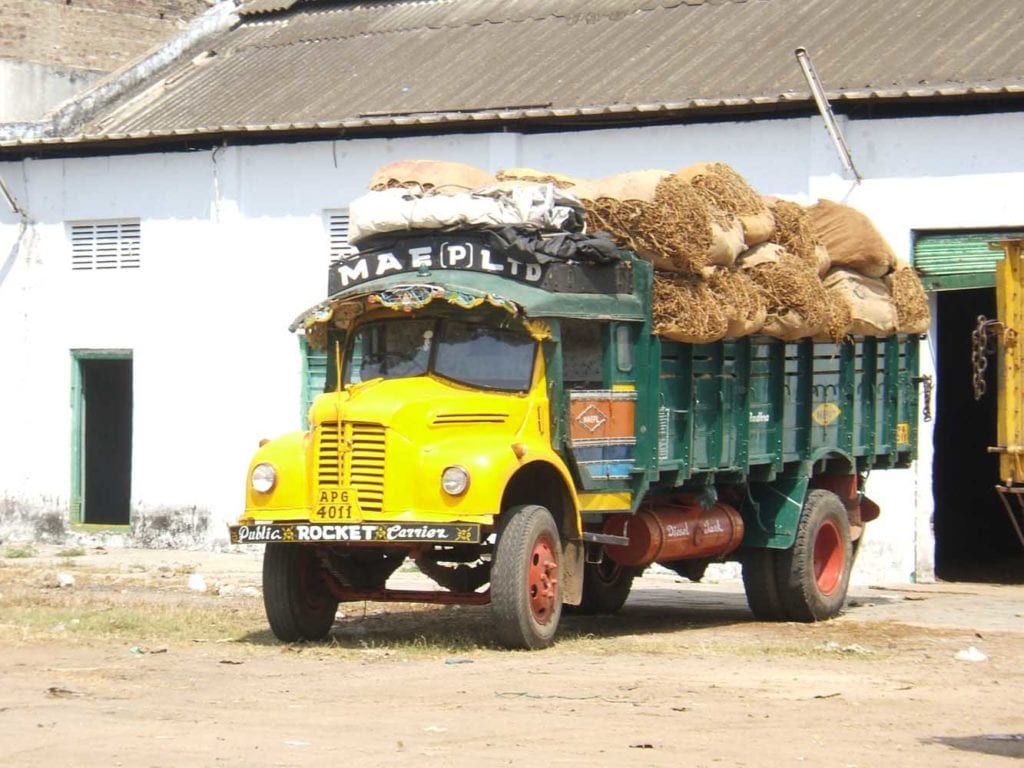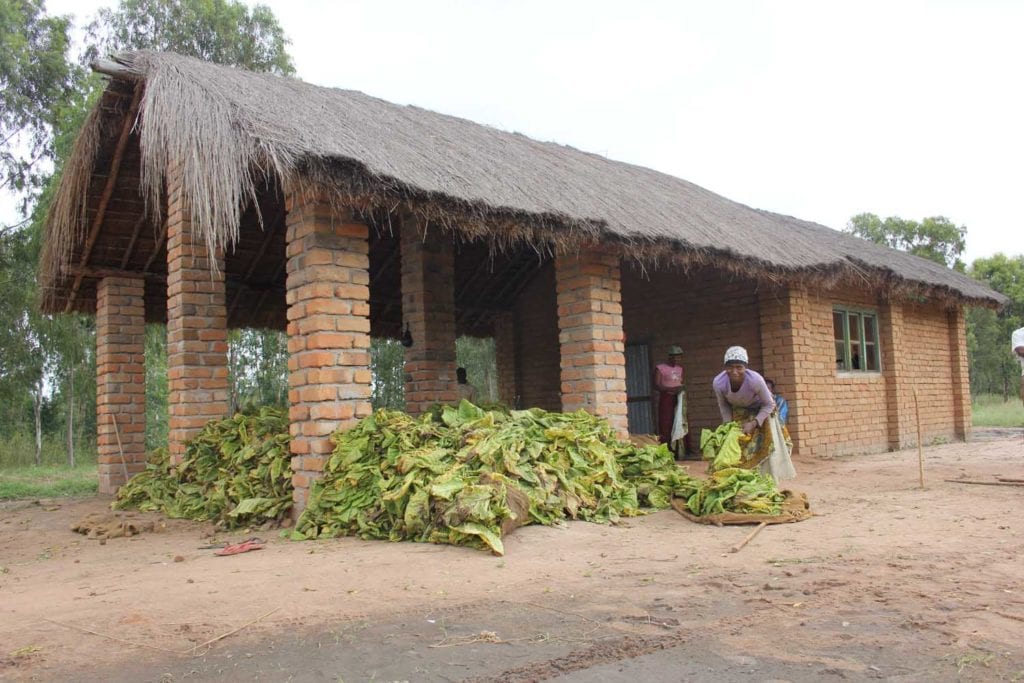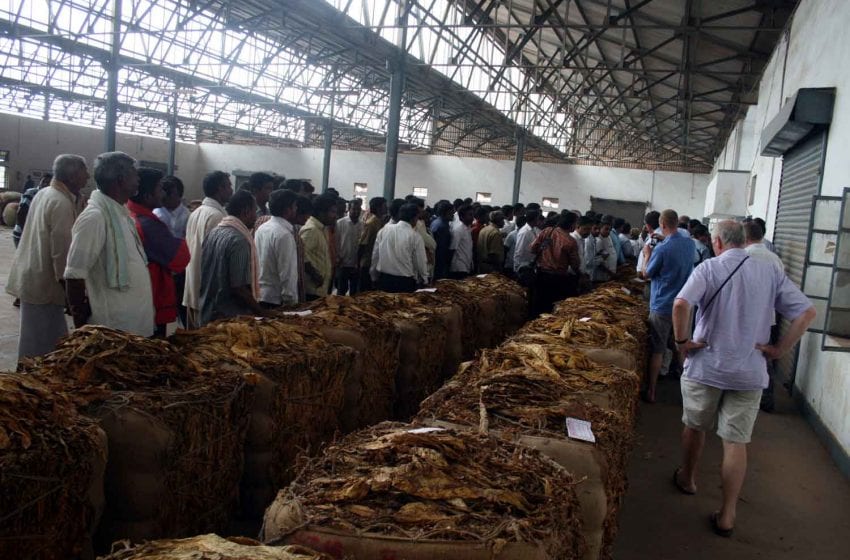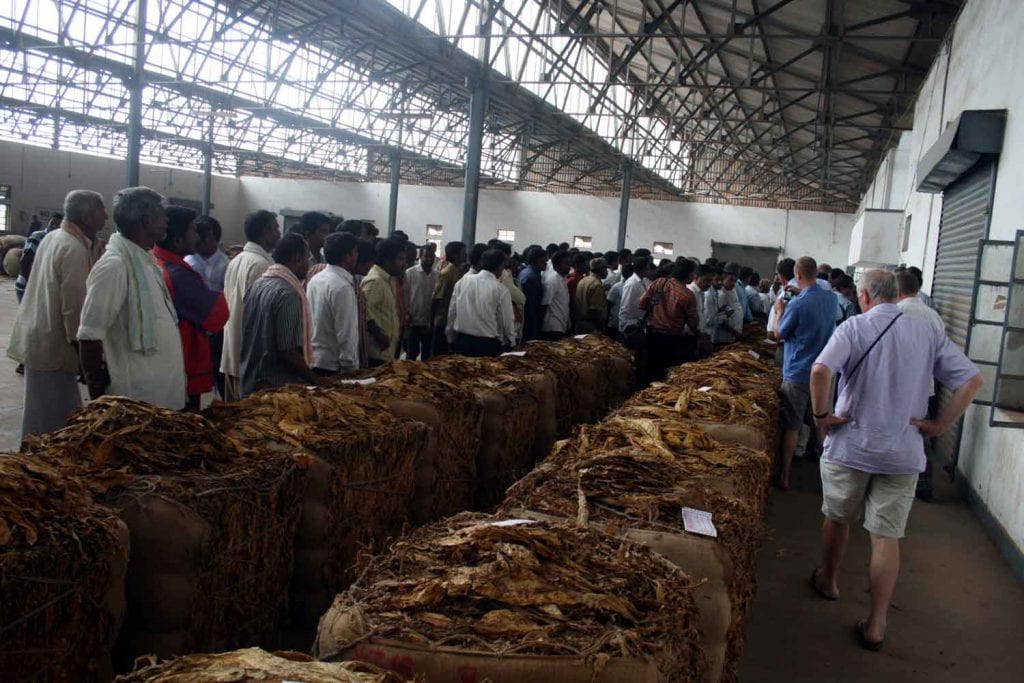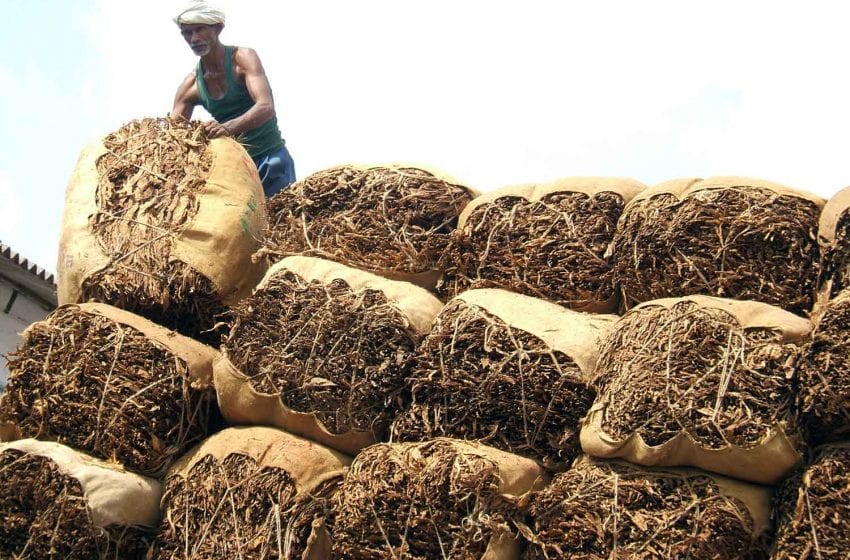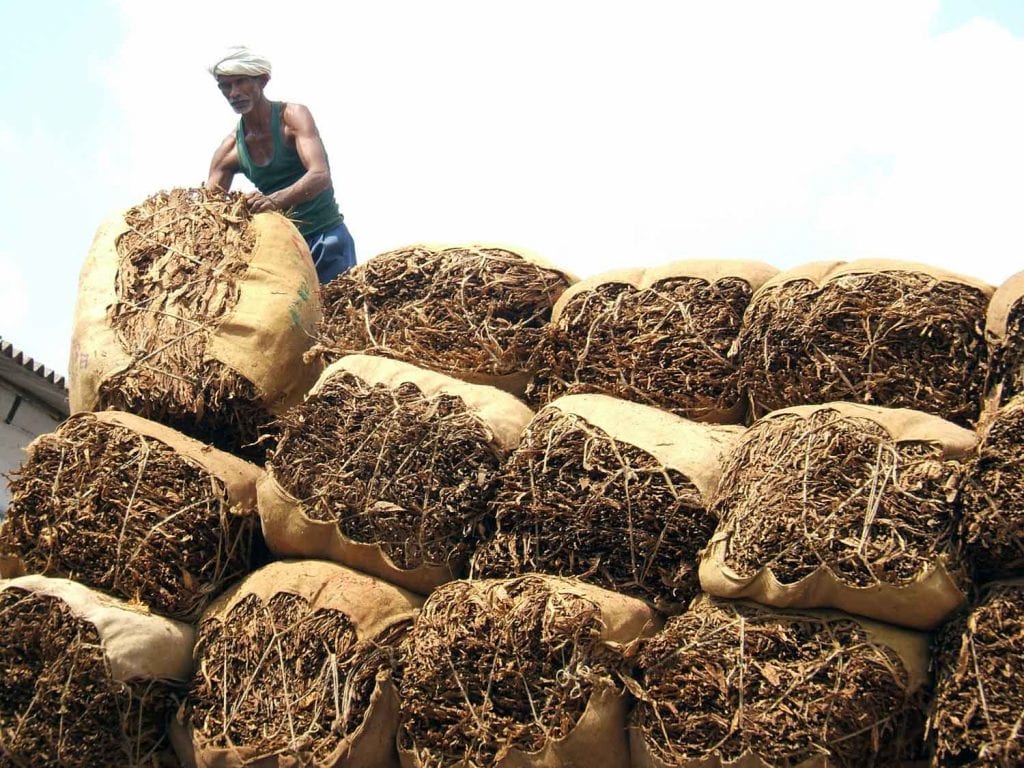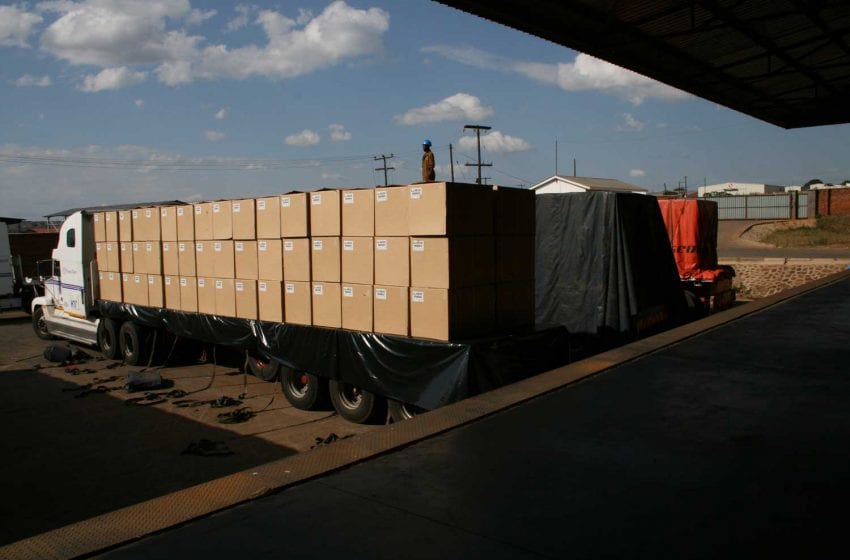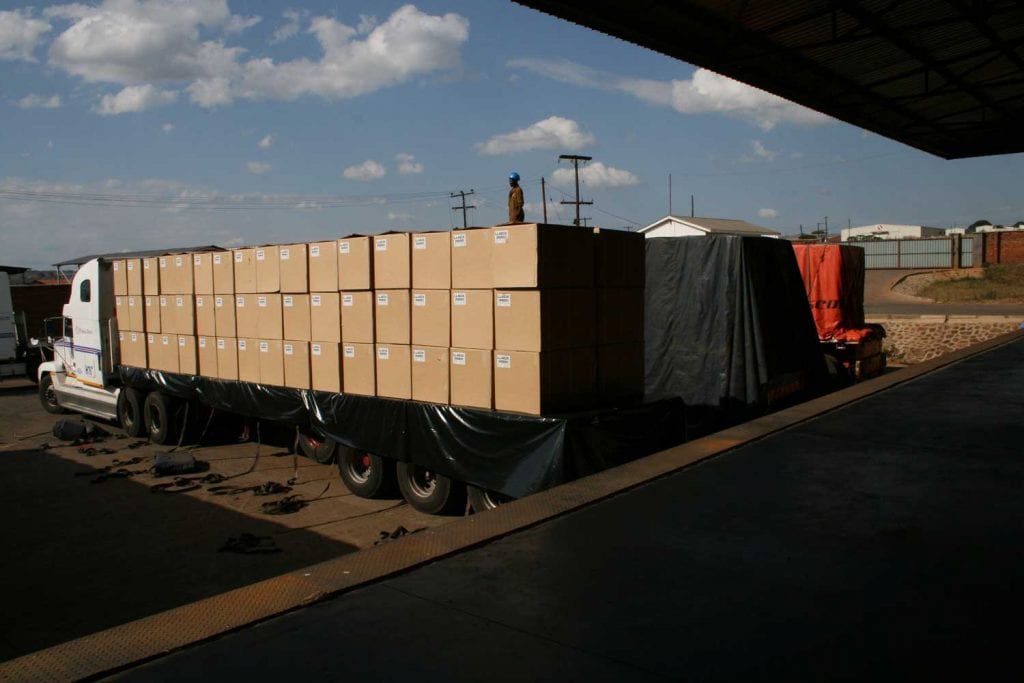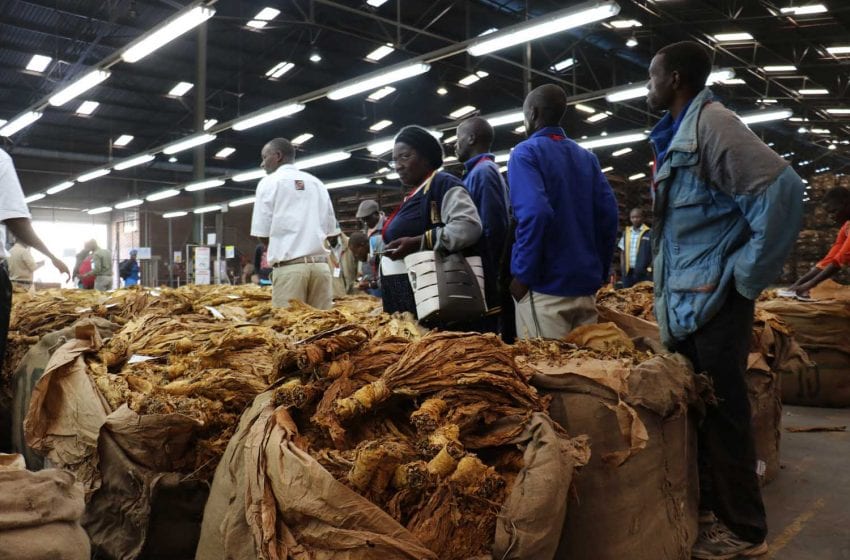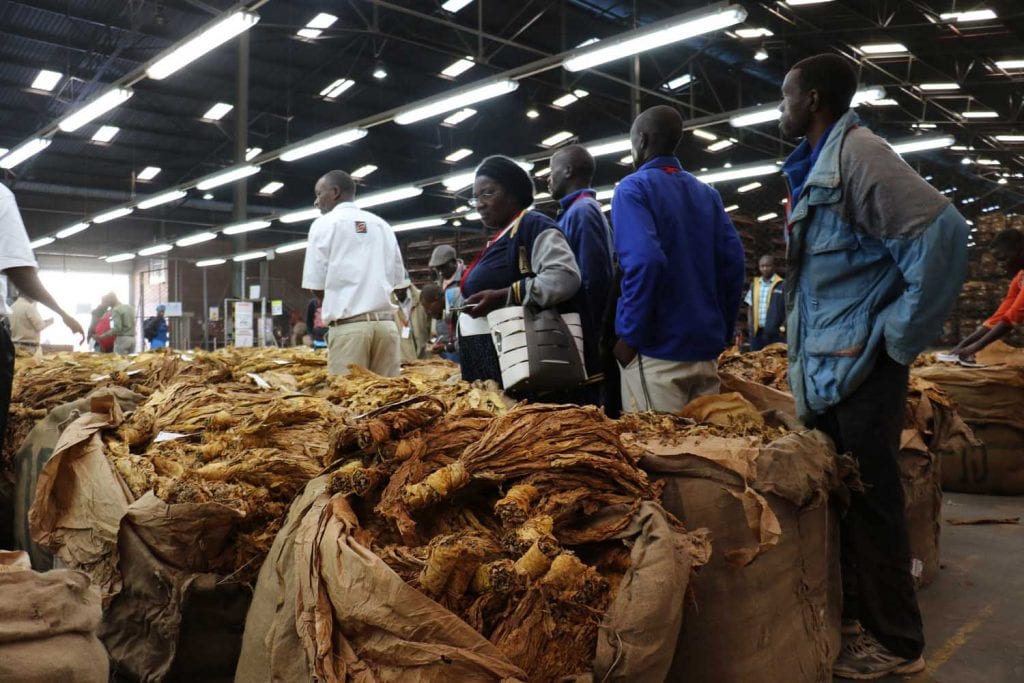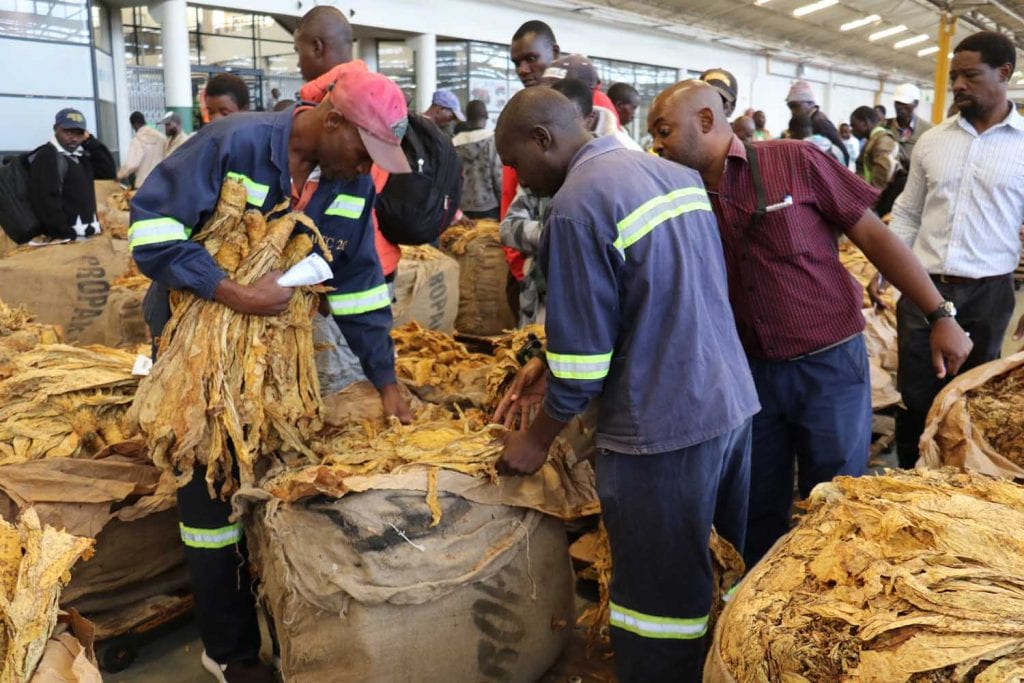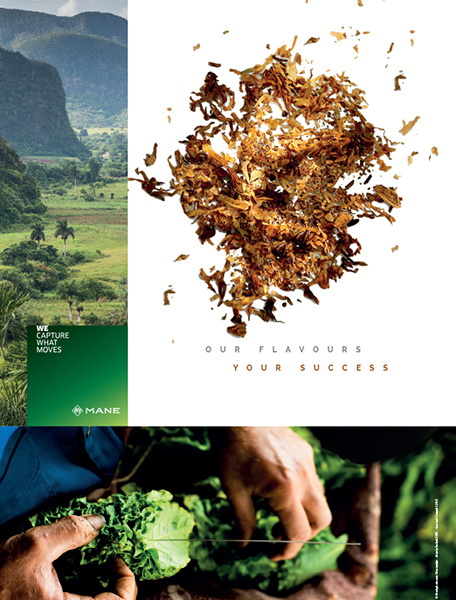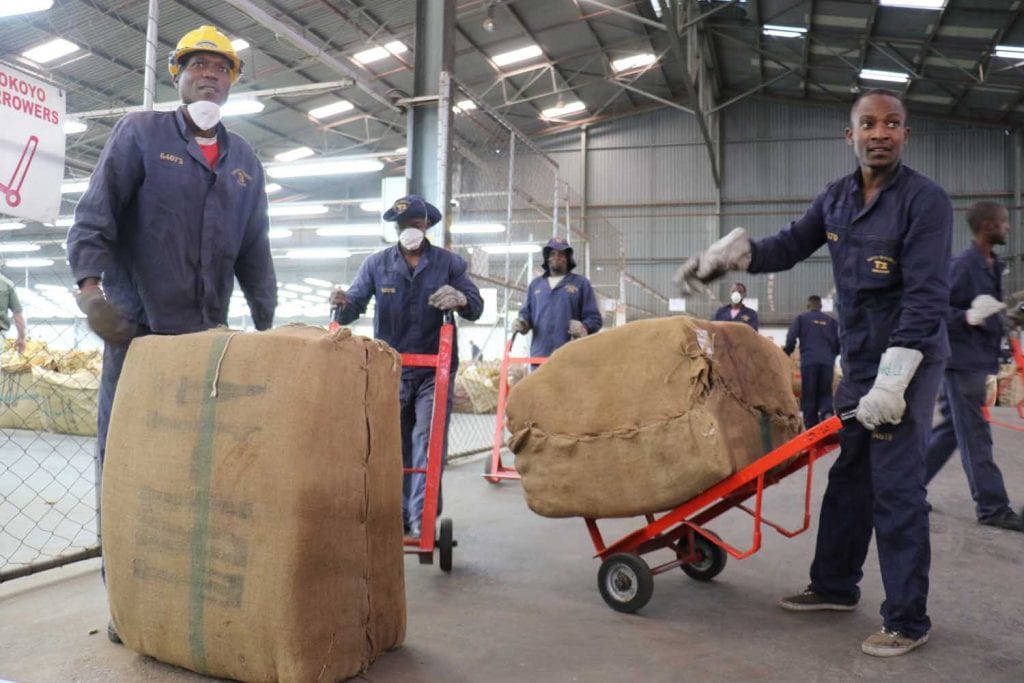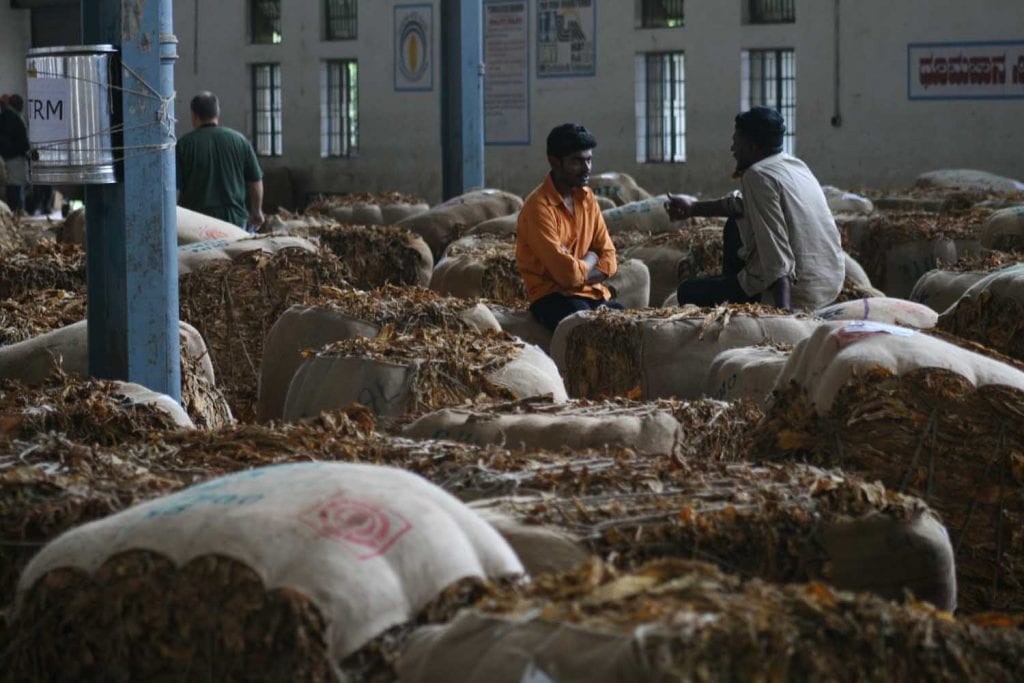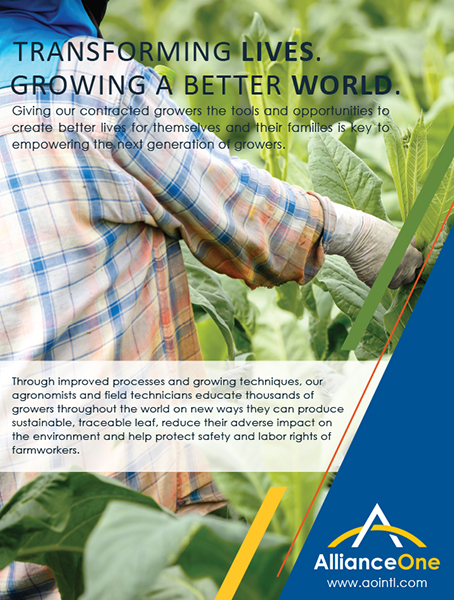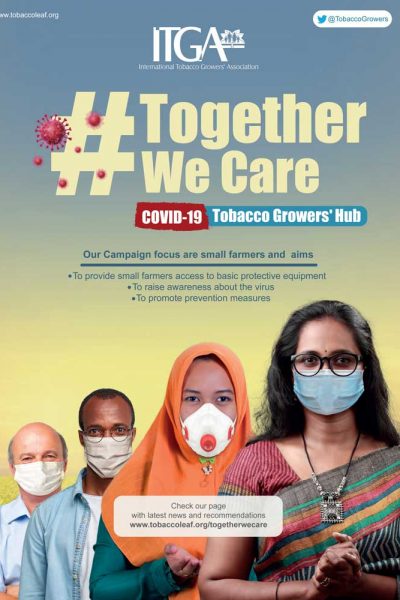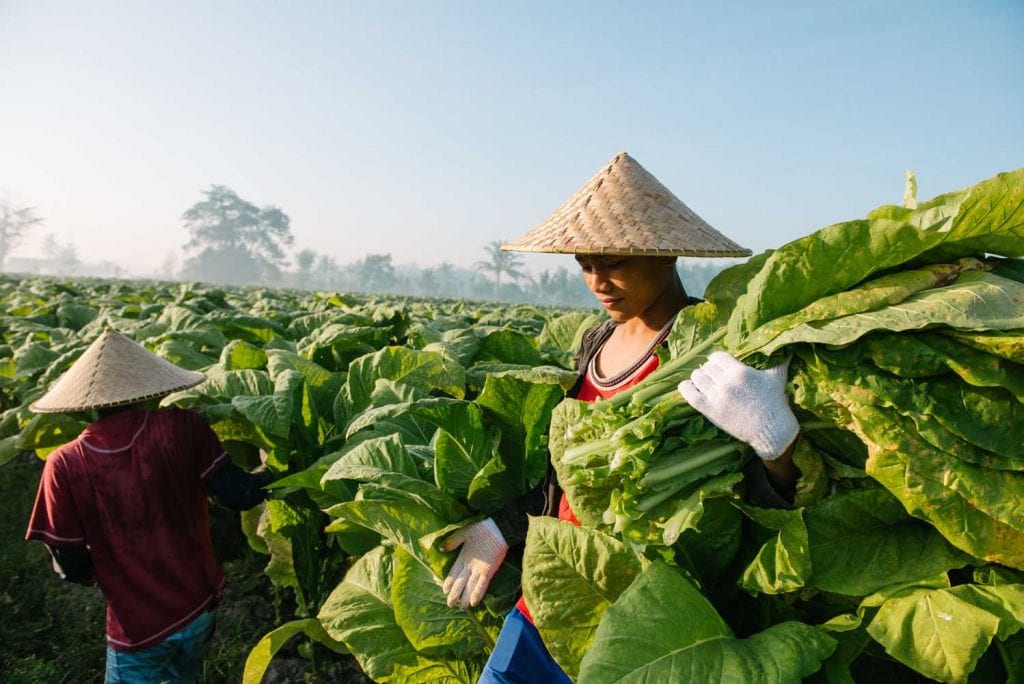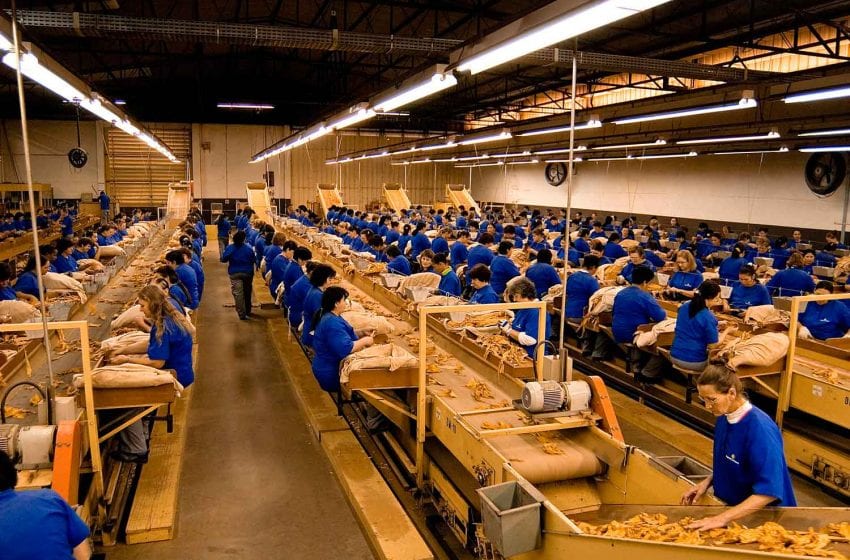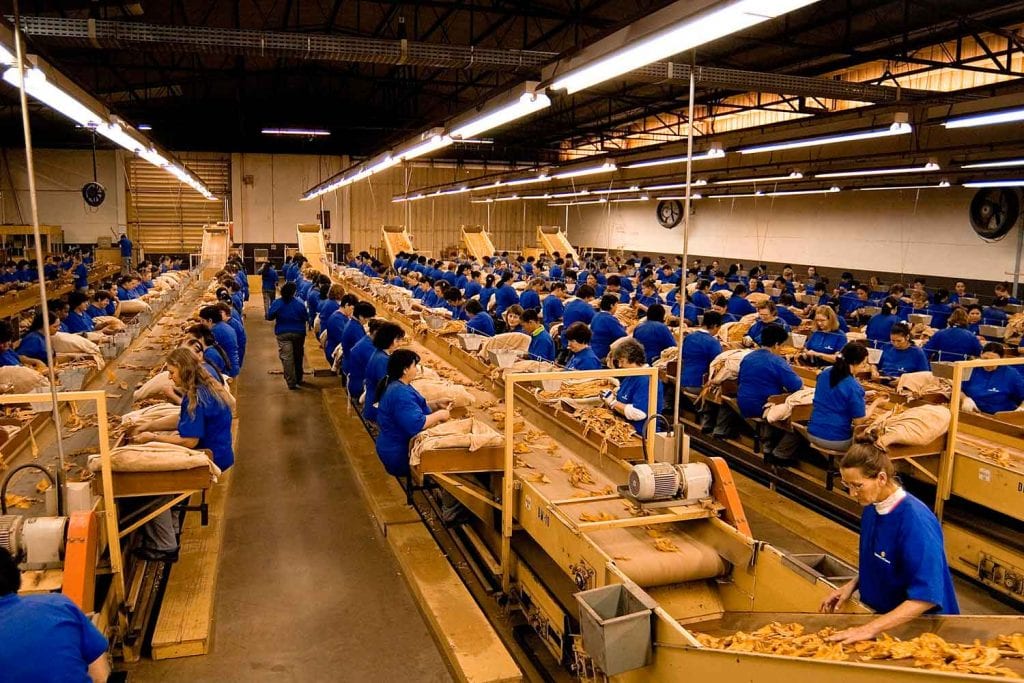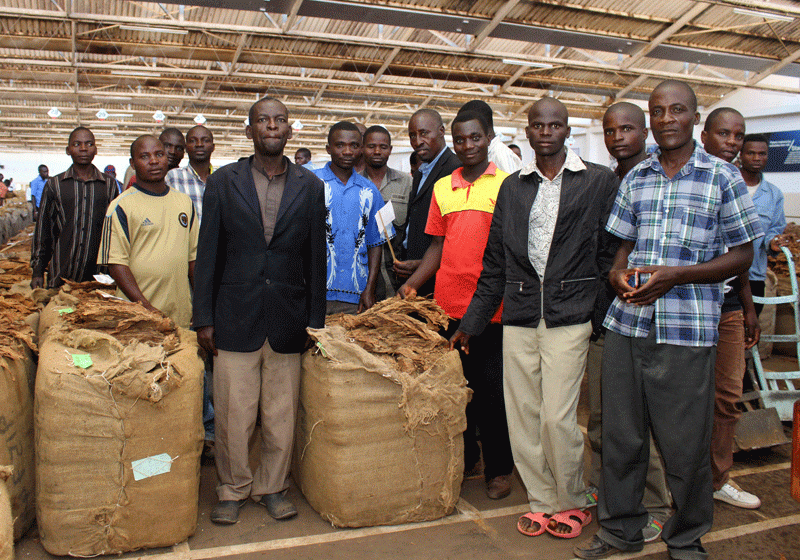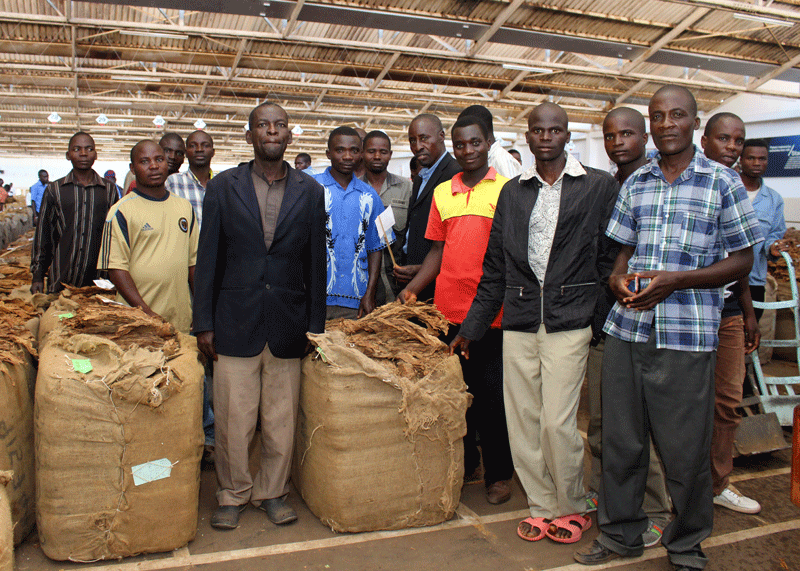Beyond the mitigation plans
Overall, and given the way that people’s lives have been hugely and negatively affected by the pandemic, the outlook for the leaf tobacco trade is generally optimistic. Readings said there had been no major slowdown in demand for leaf tobacco, and he wrote of a possible future increase in demand for flue-cured, stable demand for air-cured burley and increased interest in better-value dark fire-cured and oriental. Premium, he added, believed business could start to normalize in the next three months to five months [August–October].
In part, this optimism springs from the supply side since the major production countries of South America and Africa are still operational. On the demand side, Readings said, it was assumed that some of the bigger manufacturers were reviewing their requirements in light of whatever impact the pandemic was having on consumption while regional and smaller manufacturers were expected to increase their buying activities from about July as is traditionally the case.
Meanwhile, in a May 21 email comment that seemed to echo Busch’s remark about the difficulty in knowing what to do in the present circumstances, HN Ramprasad, chief executive of ITC Leaf Tobacco Business, made the point that while the Covid-19 pandemic struck quickly, giving businesses little time to respond, it also set challenges not covered by existing risk and mitigation plans.
Nevertheless, he said, ITC’s deep links with the farming community and its presence across the supply chain meant that it was able to act swiftly in supporting growers in crop production thereby ensuring the continuity of its operations all the while adhering to the Indian government’s health and safety directives.
When the government announced a lockdown on March 24, India’s internationally oriented leaf tobacco industry faced two different challenges. Flue-cured tobacco growers in Karnataka were preparing for their planting season while those in Andhra Pradesh had almost finished curing their tobacco and were getting ready for auction sales.
In Karnataka, ITC’s local field staff helped ensure there were adequate supplies of quality seeds and the village nursery areas needed to grow them, and it supported growers in respect of best practices in nursery management while in Andhra Pradesh, field staff concentrated on advising growers about the best way to store tobacco on their farms so as to maintain its color and quality.
Overall, ITC, which many years ago was in the vanguard of using computers to assist growers, leveraged its technology, including an ITC app, a dedicated WhatsApp group and one-to-one phone calls along with village-based field staff, to encourage best farming and safety practices. In addition, during the lockdown, ITC’s partnership project that sets up water plants in rural villages became even more important because, as well as providing a continuous supply of clean drinking water to more than 175,000 people, it meant that growers and workers didn’t have to travel outside their villages to fetch water for household purposes. To date, 140 water purification plants have been established to serve 200 villages.
ITC said that tobacco auctions had resumed after a 40-day lockdown in phases and amid heightened safety precautions, which meant that the pace of the auctions was slower than would normally be the case. However, the company’s warehouses and processing facilities were little affected once the necessary permissions were obtained to operate them with appropriate safety measures, which included the thermal scanning of workers, the wearing of face masks, the use of hand washing and sanitizers, and implementing social distancing rules. In fact, Ramprasad said that ITC’s processing factory had started as early as the first week of April, almost within a week after lockdown, demonstrating agility and resilience.”
